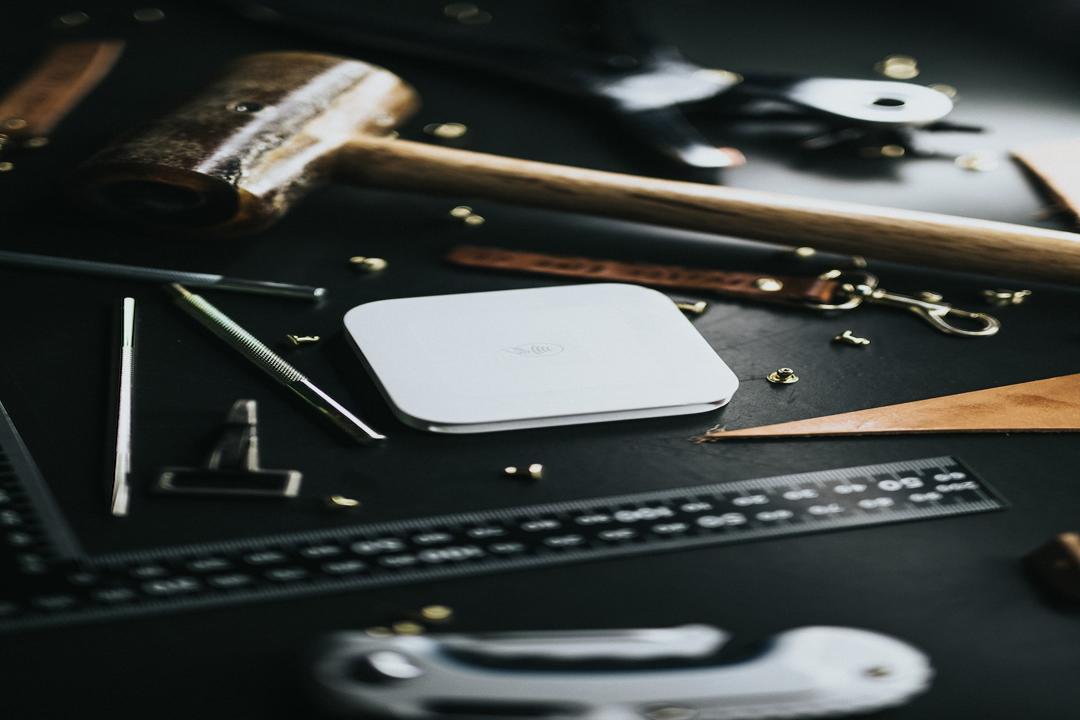OpenAI, the creator of ChatGPT, has unveiled its latest AI model, GPT-4o. This new chatbot is designed to be more conversational and human-like, capable of analyzing a user’s audio and video and providing real-time responses.
OpenAI has released several demos showcasing the capabilities of GPT-4o. In one demo, the chatbot helps users prepare for interviews by ensuring they look presentable. Another demo demonstrates how GPT-4o can call a customer service agent to request a replacement iPhone. The AI model can also share dad jokes, translate bilingual conversations in real-time, act as a judge in a rock-paper-scissors game, and even respond with sarcasm when prompted. Additionally, OpenAI has shown how ChatGPT reacts to being introduced to a user’s puppy for the first time.
In a blog post, OpenAI CEO Sam Altman expressed his amazement at the AI’s capabilities, stating, “It feels like AI from the movies; and it’s still a bit surprising to me that it’s real.”
OpenAI launched a text and image-only input version of GPT-4o on May 13, with the full version set to be released in the coming weeks. The AI model will be accessible to both paid and free ChatGPT users through ChatGPT’s API.
According to OpenAI, the “o” in GPT-4o stands for “omni,” reflecting the AI’s ability to process text, audio, and image inputs simultaneously. This represents a significant advancement compared to OpenAI’s previous AI tools, such as ChatGPT-4, which often lose information when multitasking.
OpenAI claims that GPT-4o is particularly adept at vision and audio understanding, even capable of detecting a user’s emotions and breathing patterns. The AI model is also faster and 50% cheaper than GPT-4 Turbo in OpenAI’s API.
OpenAI asserts that GPT-4o’s response times to audio inputs are comparable to human response times in a regular conversation, with an average response time of 3.2 seconds and a minimum of 2.3 seconds.
In related news, there are reports that Apple is finalizing a deal with OpenAI to integrate ChatGPT into iPhones.
David Brin, author of Uplift, explores how to prevent an artificial intelligence apocalypse in a magazine article.

